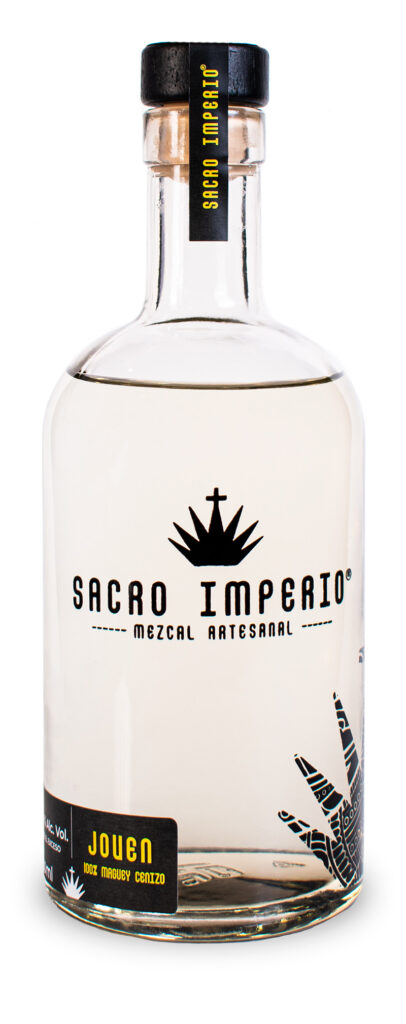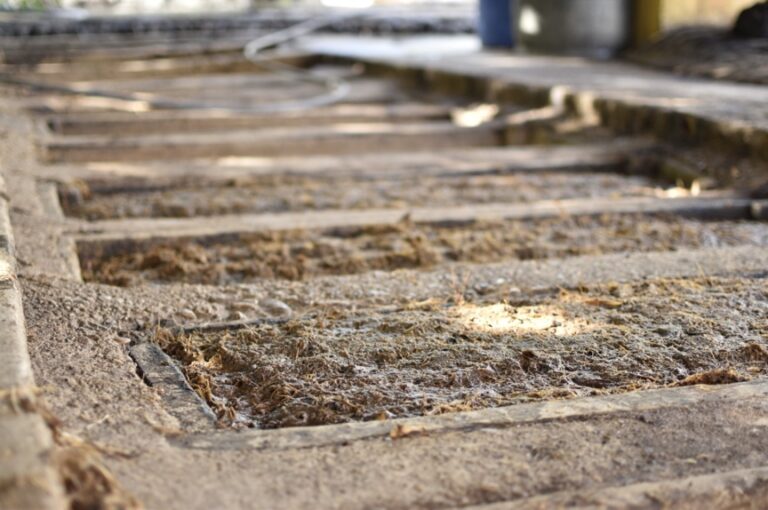


Sacro Imperio (Sacred Empire in Spanish) is a brand of artisanal mezcal from the community of Nombre de Dios, Durango. Nombre de Dios is the oldest community in the northern state of Durango and has a long history of mezcal production. The vinata, El Malpais (badlands) is located in the town of La Constancia very close to a cypress-lined stream which is aptly used for mezcal production.



Agave: Cenizo (Agave durangensis)
Maturity: 8-12 years
Region: Nombre de Dios, Durango
Maestro Mezcalero: Manuel Simental
ABV: 43%
Category: Joven/Blanco Artesanal
Appearance: Clear, legs with good retention
Nose: Fruity, slightly lactic.
Palate: A blast of smooth cooked agave with fruity berry tones before giving way to a peppery floral note. Good balance of acidity and medium body.
Finish: Medium finish with a clean pepperiness.
Manuel Simental is the maestro overseeing this operation and is a 2nd generation producer. He learned from his father who had worked with a group in the community making mezcal. Manuel started helping out in his teens and eventually took over the vinata, and his family members are still involved.

The vinata is a rustic family distillery and their mezcal is produced in the traditional way of the region.
They utilize mature wild maguey cenizo (agave durangensis) from the surrounding areas. They only use maguey capón which is when the quiote (flowering stalk) is cut shortly after sprouting and the plant is left to reconcentrate its sugars in the piña.

Next, the piñas are cooked in a traditional, underground conical oven fired with local hardwood (mostly oak) and volcanic stones. The oven is completely sealed for 3 days before being opened by Manuel.

After the arduous task of uncovering the oven, Manuel then moves the cooked piñas to a small room of the vinata where they cool for a few days. He then hand chops the piñas to a more manageable size before feeding them into an electric shredder.

As the temperatures can fluctuate significantly in Durango (even between night and day), it is common to use smaller fermentation “coffins”. This helps to keep the fermented product at a more constant temperature. The smaller size (300L) also allows the fermentation to take place fairly quickly (usually in about 3 days). Being artisanal mezcal, no yeasts or accelerators are added, only natural spring water from the nearby stream.


Finally, the fermented product is double distilled (two separate distillations) in a traditional still composed of a copper pot with a wood “hat” fueled by local spare firewood. The heart (cuerpo) of the second distillation is quite strong and therefore is mixed with local spring water to bring it to a more palatable strength for cocktails or to be enjoyed neat.
